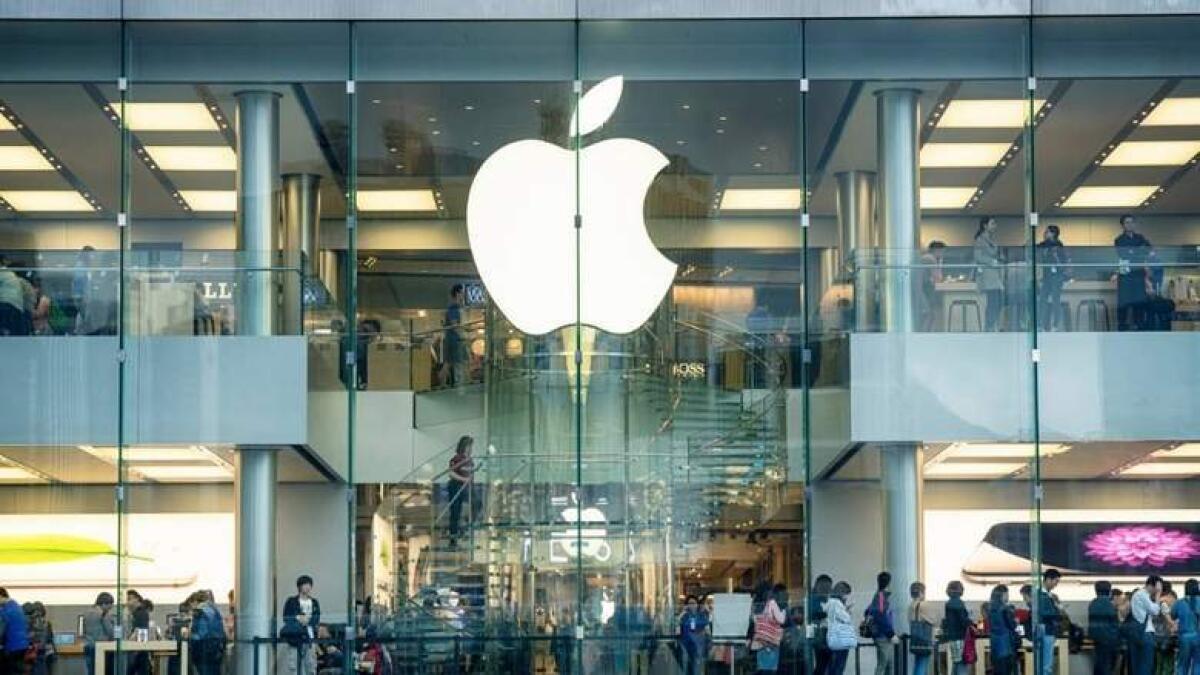Newton's law of gravity seems to have caught up with Apple.
By Vicky Kapur (From the Executive Editor's desk)
Published: Tue 8 Jan 2019, 8:02 PM
In the summer of 1666, a falling apple apparently inspired Sir Issac Newton to come up with his famous law of gravity. While it took the brilliance of Newton to decode the mystery behind the falling apple, the falling share price of Apple Inc. more than 350 years later doesn't need a Newton or an Einstein to explain the dynamics between innovation and greed. The market capitalisation of the legendary Apple slipped after it clocked a world-record $1.1 trillion in October 2018, with the world's most iconic technology brand losing more than a third of its value in three months. Last week, Tim Cook cut the firm's revenue forecast for the first time in 16 years, blaming poor iPhone sales in China for the downward revision.
Apple's problems, however, are more strategic than geographic. Had Twitter-happy Trump's tariff tiff with China been the only problem, Apple would be doing great in the other large Asian market - India. It isn't. Estimates suggest that iPhone shipments to India fell by as much as 40 per cent in 2018 compared with the previous year. iPhone benefits immensely from its carefully curated premium brand positioning, but it seems to be pricing itself out of the mass market, the very base that can help it sustain enough sales to justify the astronomical valuation it reached. On the one hand, Apple has been raising the price of its iPhones, with the 512GB variant of iPhone XS Max costing a steep Dh6,129 inclusive of VAT in the UAE (Apple Store pricing). On the other hand, nimble-footed competitors like Huawei are giving it a run for its money, matching the iPhone spec for spec but at lower price points.
I'm in no way suggesting that Apple has lost its mojo. The iPhone is still the most iconic smartphone brand around. The iPad, Apple Watch and Mac maintain a strong presence in their respective domains, and the App Store is scaling new heights every quarter. Continuous innovation has brought Apple so far ($1 trillion valuation). From Apple I in 1976 to the Mac Mini unveiled in November 2018, Apple's products have always disrupted the market. But to continue playing that role, the firm will need to ensure it doesn't price itself out of the market disruption band. As Newton's law of gravity seems to have caught up with Apple, it'll do well to take a cue on the iPhone's pricing from Newton's third law of motion, which loosely translates into 'what goes up must come down'.












